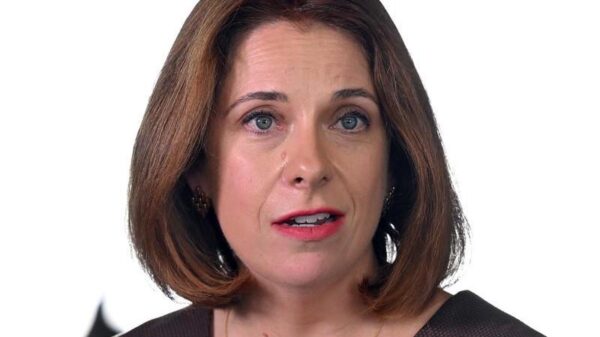A strong relationship with a general practitioner (GP) can significantly enhance health outcomes, particularly for those with chronic conditions or personal histories that require continuity of care. However, there are moments when individuals may feel the need to reassess this relationship. Understanding the signs that it might be time to seek a new GP can be crucial for maintaining overall health and well-being.
When Your Health Needs Change
Life transitions often prompt individuals to consider a new GP. For example, someone may feel uncomfortable discussing sensitive topics, such as sexual health, with a doctor who has known them since childhood. As circumstances evolve, such as starting a family or confronting new health challenges, it may be beneficial to find a GP who specializes in areas like antenatal care or pediatric health.
A GP familiar with the specific needs of young parents may offer more empathetic and relevant advice. Additionally, if an individual’s health concerns shift from physical injuries to mental health issues, they may seek a GP with a different consultation style that better addresses their current challenges.
Seeking Specialized Expertise
Sometimes, a patient may require a GP with specialized knowledge about a particular health issue. For instance, if one has a specific condition like ADHD or requires regular skin checks, they might look for a physician with expertise in those areas. While it is essential to have a generalist GP who can monitor overall health and detect issues like early signs of Parkinson’s disease or cancer, a specialist can provide focused care when necessary.
Patients should remember that even when seeking specialized care, it is vital to maintain a connection with a generalist who can oversee their broader health needs.
Aligning Values and Treatment Approaches
The ideal doctor-patient relationship varies from person to person. Some individuals prefer a collaborative approach where both the GP and patient make health decisions together. Others may feel more comfortable with a GP who takes a more directive role. Over time, a patient’s preferences may change, particularly if their GP does not respect their views on health practices, such as the use of complementary medicine or preventive health strategies.
If there is a disconnect in values or treatment approaches, it may prompt a search for a new GP who resonates better with the patient’s health philosophy.
Restoring Trust in the Doctor-Patient Relationship
Trust is a cornerstone of the patient-GP relationship. While mistakes can happen, some errors may irreparably damage the trust between a patient and their GP. A good GP should address errors transparently and demonstrate how they will ensure that similar issues do not recur.
If a patient consistently feels unheard or experiences frequent minor errors that affect their confidence in their GP, it may be time to reassess the relationship. Feeling judged or dismissed as a patient can lead to an uncomfortable dynamic that is counterproductive to effective care.
Steps to Transitioning to a New GP
When considering a change, it is essential to approach the situation with respect and professionalism. If a patient values the care received but recognizes that their needs have changed, they can express gratitude in a written note while informing the GP about their decision to seek another doctor.
Most GP practices can assist in transferring medical records to a new provider, although there may be a nominal administrative fee involved. In cases where there has been a breach of trust or confidence, a patient may wish to lodge a formal complaint. This can be done through the **Australian Health Practitioner Regulation Agency** for significant safety issues or reported to the relevant health-care ombudsman for practices that do not meet expected standards.
Maintaining open communication is vital for ensuring a positive transition, whether it’s a casual change or one necessitated by deeper issues.
Ultimately, a patient’s health journey should be guided by their comfort and the quality of care they receive. If the relationship with a GP becomes untenable, recognizing the signs and taking action can lead to improved health outcomes and a more satisfying medical experience.
Louise Stone, the author of this article, has no affiliations that would benefit from this discussion and is dedicated to promoting informed health choices.






























































